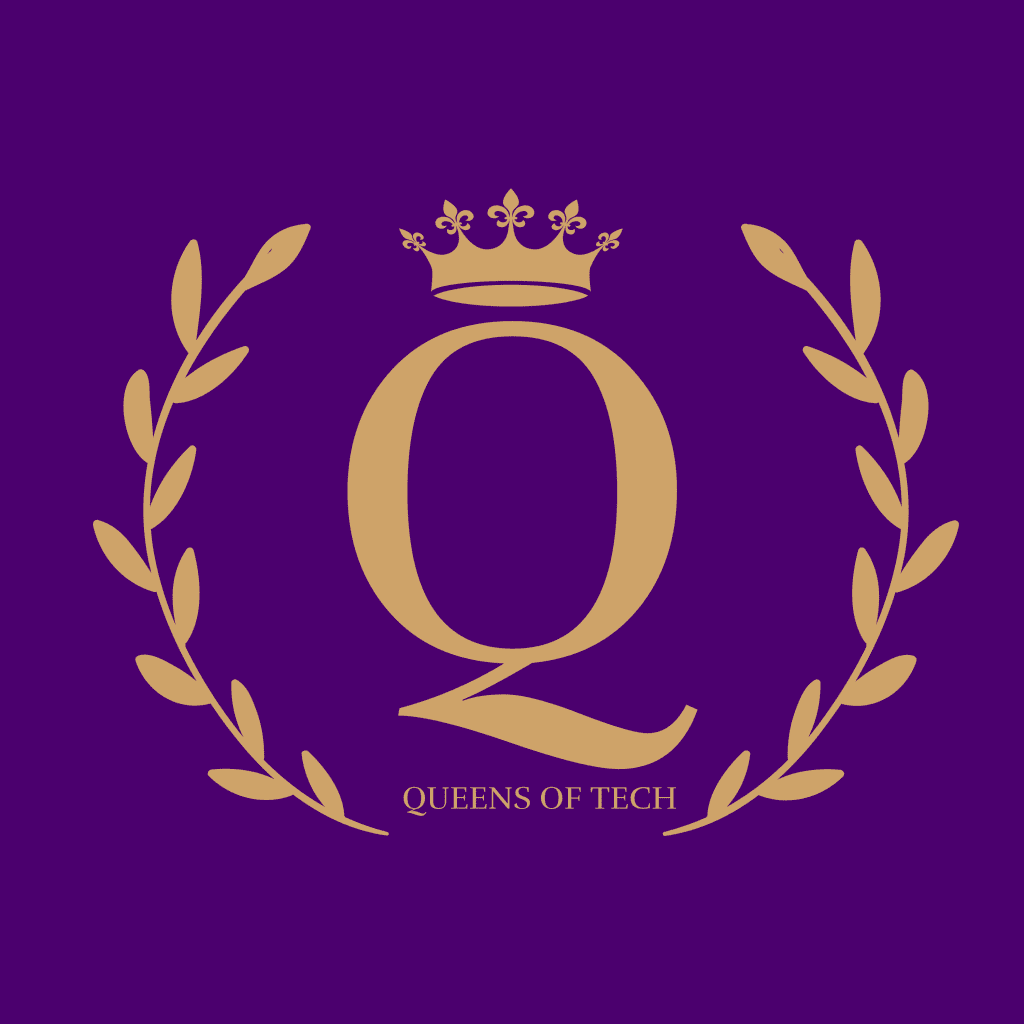
International Equal Pay Day: Uniting for Pay Equity Worldwide September 18 every year
International Equal Pay Day: Uniting for Pay Equity Worldwide September 18 every year
Insights
Celebrating DEIB. Representation matters!
International Equal Pay Day: Uniting for Pay Equity Worldwide September 18 every year
The fight for gender equality and signifies a future where all workers, regardless of gender, receive equal pay for equal work.
International Equal Pay Day is an annual global observance that highlights the persistent gender pay gap and the urgent need for pay equity. It was established to raise awareness about wage disparities, their root causes, and the importance of eliminating them. This day holds significant importance in the fight for gender equality and signifies a future where all workers, regardless of gender, receive equal pay for equal work.
International Equal Pay Day serves as an essential marker in the ongoing fight for pay equity. While progress has been made in addressing the gender pay gap, it underscores the need for sustained efforts and innovative strategies to bridge the divide fully.
-
Origins and purpose: International Equal Pay Day was instituted to commemorate the moment in the calendar year when the average woman’s earnings catch up to the earnings of the average man from the previous year. It was launched to draw attention to the gender pay gap and its implications for women’s economic security.
-
Global challenge: The gender pay gap is a pervasive issue worldwide. Despite progress in many countries, women still earn less than men for the same work, and this gap is even more pronounced for women of color and other marginalized groups.
-
Economic and social impact: The gender pay gap has far-reaching consequences, affecting not only women but also families and communities. It perpetuates gender inequalities, contributes to women’s economic vulnerability, and limits their financial independence.
-
Workforce inequities: Structural and societal factors underpin the gender pay gap. Discrimination, occupational segregation, and disparities in opportunities and career progression all contribute to this challenge.
-
The road ahead: International Equal Pay Day is a call to action. It reminds governments, employers, and individuals of their shared responsibility in addressing pay inequities and promoting gender equality. Advocates use this day to push for policy changes, transparency in pay reporting, and cultural shifts that recognize the value of women’s work.
Implications:
-
Policy and legislation: The day prompts governments to assess and strengthen labor policies and legislation to address wage disparities. Many countries have adopted measures like pay transparency laws to encourage pay equity.
-
Corporate accountability: Employers are increasingly urged to disclose gender pay data and work towards closing the gender pay gap within their organizations. Enhanced corporate transparency leads to a more equitable workforce.
-
Changing workplace culture: The awareness generated by International Equal Pay Day promotes discussions on the importance of equal pay. This can contribute to shifts in workplace culture that recognize the value of diversity and inclusion.
-
Empowering women: Achieving pay equity is not just about wages; it is about empowering women economically and socially. Equal pay allows women to invest in their future, break through glass ceilings, and participate fully in the workforce.
In conclusion, International Equal Pay Day is a critical global observance that emphasizes the need for fair wages and gender equality. Its significance extends beyond a single day and encourages ongoing efforts to create a future where all individuals receive equal pay for equal work, irrespective of their gender. It symbolizes a world where pay equity is the norm, not the exception.
More Gender Diversity Stories

Note: Written by help of ChatGPT and manually edited by Jasmine Moradi.











